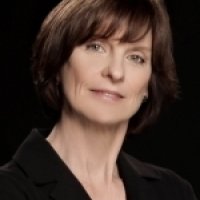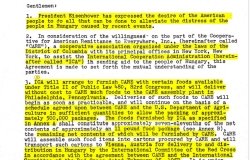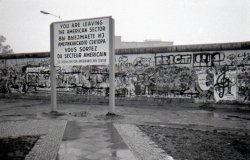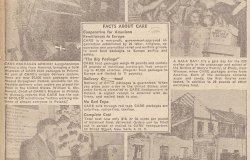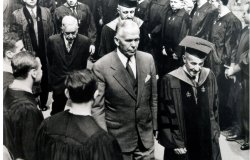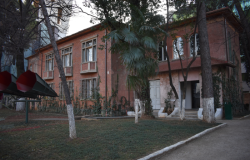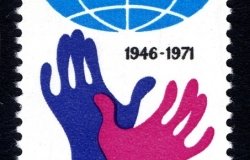The Global Offensive: The United States, the Palestine Liberation Organization, and the Making of the Post-Cold War Order
In "The Global Offensive," historian Paul Thomas Chamberlin offers new insights into the rise of the Palestine Liberation Organization in its full international context.
Overview
On March 21, 1968, Yasir Arafat and his guerrillas made the fateful decision to break with conventional guerrilla tactics, choosing to stand and fight an Israeli attack on the al-Karama refugee camp in Jordan. They suffered terrible casualties, but they won a stunning symbolic victory that transformed Arafat into an Arab hero and allowed him to launch a worldwide campaign, one that would reshape Cold War diplomacy and revolutionary movements everywhere.
In The Global Offensive, historian Paul Thomas Chamberlin offers new insights into the rise of the Palestine Liberation Organization in its full international context. After defeat in the 1967 war, the crushing of a guerrilla campaign on the West Bank, and the attack on al-Karama, Arafat and his fellow guerilla fighters opened a global offensive aimed at achieving national liberation for the Palestinian people. In doing so, they reinvented themselves as players on the world stage, combining controversial armed attacks, diplomacy, and radical politics. They forged a network of nationalist revolutionaries, making alliances with South African rebels, Latin American insurrectionists, and Vietnamese Communists. They persuaded the United Nations to take up their agenda, and sent Americans and Soviets scrambling as these stateless forces drew new connections across the globe. "The Vietnamese and Palestinian people have much in common," General Vo Nguyen Giap would tell Arafat, "just like two people suffering from the same illness." Richard Nixon's views mirrored Giap's: "You cannot separate what happens to America in Vietnam from the Mideast or from Europe or any place else."
Deftly argued and based on extensive new research, The Global Offensive sheds new light on the history of not only the PLO, but also the Cold War and international relations since.
Joining Chamberlin on the panel is Melani McAlister, associate professor of American studies, international affairs, and media and public affairs at The George Washington University will chair the event.
James F. Person, senior program associate with the Wilson Center's History and Public Policy Program will chair the event.
Speakers
Hosted By

Cold War International History Project
The Cold War International History Project supports the full and prompt release of historical materials by governments on all sides of the Cold War. Through an award winning Digital Archive, the Project allows scholars, journalists, students, and the interested public to reassess the Cold War and its many contemporary legacies. It is part of the Wilson Center's History and Public Policy Program. Read more

History and Public Policy Program
The History and Public Policy Program makes public the primary source record of 20th and 21st century international history from repositories around the world, facilitates scholarship based on those records, and uses these materials to provide context for classroom, public, and policy debates on global affairs. Read more
Thank you for your interest in this event. Please send any feedback or questions to our Events staff.
